Similar Posts
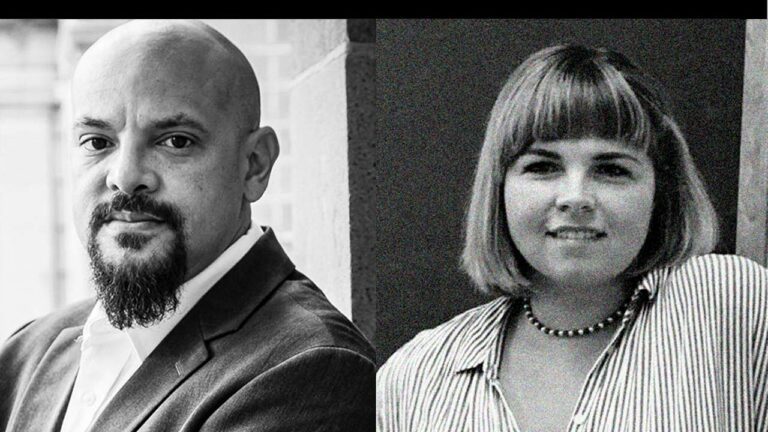
Will Unions Respond to the Pandemic Moment?
Trade unions have the potential to play a pivotal role in developing a more significant mass movement – but will they? Clare Hammonds and Cedric Johnson join Paul Jay on theAnalysis.news podcast
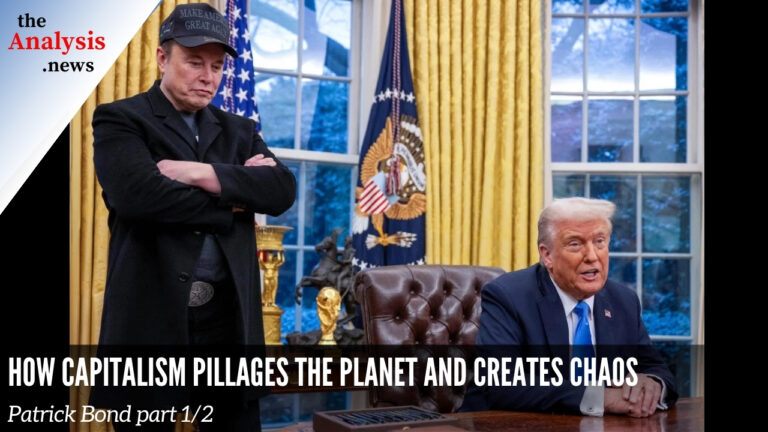
How Capitalism Pillages the Planet and Creates Chaos – Patrick Bond Pt. 1/2
Following decades of ongoing mineral extraction, environmental plunder, and the subsidization of the fossil fuel industry, the second Trump administration’s aggressive pro-drilling agenda unapologetically seeks to seize as many foreign and domestic minerals and dirty energy sources as possible. Patrick Bond, political economist and Director of the Centre for Social Change in Johannesburg, discusses the mix of neoliberalism and paleo-conservatism undergirding Elon Musk’s corporate takeover of the US government. Bond also discusses the motivation behind US Secretary of State Marco Rubio’s decision to skip the solidarity-equality-sustainability G20 in South Africa, and the implications of the US’ withdrawal from international climate agreements, slashing of emissions-reduction goals, and support for destructive carbon-intensive industries.
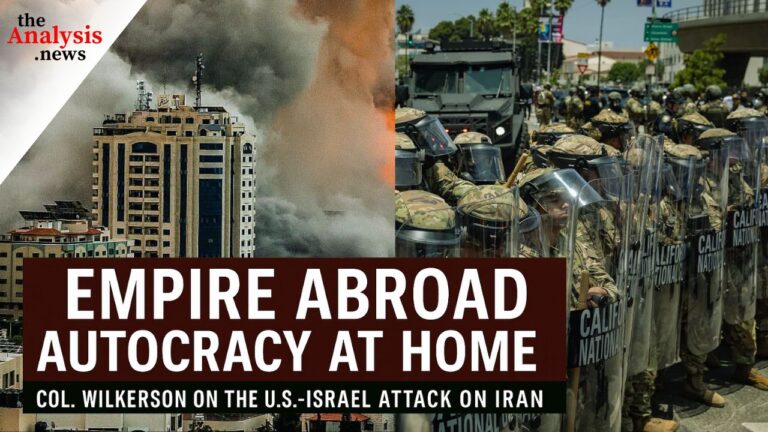
Empire Abroad, Autocracy at Home: Col. Wilkerson on the U.S.-Israel Attack on Iran
Former Chief of Staff to Secretary of State Colin Powell, Colonel Lawrence Wilkerson, joins Paul Jay and condemns the Israeli attack on Iran as an unprovoked violation of international law—and…
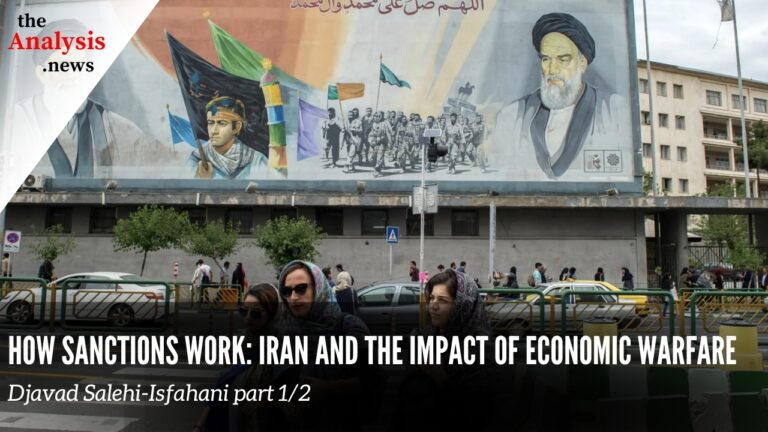
How Sanctions Work: Iran and the Impact of Economic Warfare – Djavad Salehi-Isfahani Pt. 1/2
U.S. President Trump has extended the aims of his first presidential term’s “maximum pressure campaign” by slapping additional sanctions on Iran. Djavad Salehi-Isfahani, Professor of Economics at Virginia Tech, describes the detrimental effects of U.S. sanctions on Iran’s economy and society. Salehi-Isfahani illustrates how the sanctions’ differentiated effects often result in them being “invisible” to certain segments of Iranian society, leaving some Iranians convinced that their government is solely to blame for the country’s economic woes. In addition, he asserts that the combined effects of U.S. sanctions and Iran’s policy choices continue to hollow out the Iranian middle class: while the government has assisted the poor with large direct cash transfer programs, it has largely ignored the demands of its middle class.

Uphill on the Hill
Liz Oliva Fernández travels to Washington, D.C., to find out why Joe Biden has embraced Donald Trump’s Cold War-era policy toward Cuba, devastating the island’s economy and fueling unprecedented migration to the U.S. border with Mexico. Oliva Fernández interviews Rep. Jim McGovern, former CIA analyst Fulton Armstrong, and Cuban-American business executive Carlos Gutiérrez, who served as Secretary of Commerce under George W. Bush. Oliva Fernández shows how a handful of extremist Cuban-American politicians have dictated U.S. policy towards Cuba, including designating Cuba a State Sponsor of Terrorism without any evidence. This video was produced by Belly of the Beast Cuba.
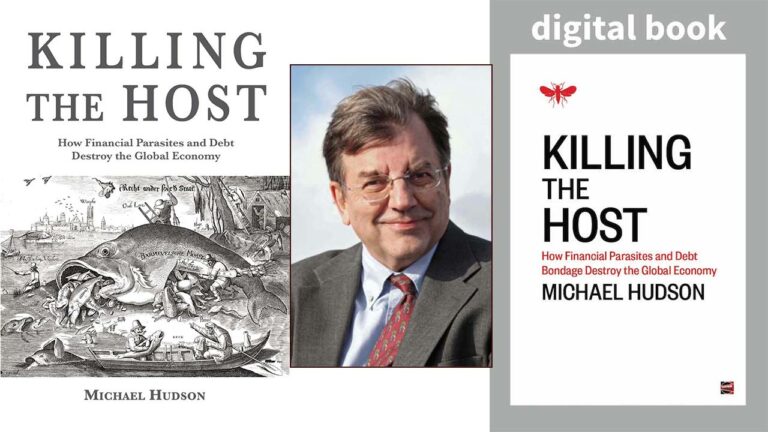
Financialization and Deindustrialization – Michael Hudson
Trump’s economic policies have not addressed the fundamental forces that have gutted industrial jobs under the administrations of both parties, says economist Michael Hudson on theAnalysis.news podcast with Paul Jay.
